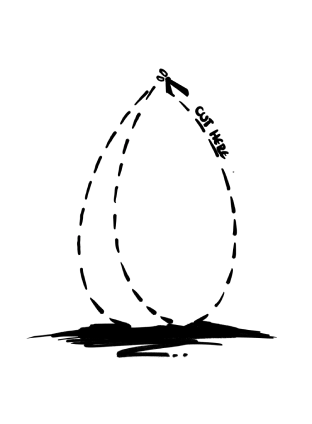South Dakota is preparing to join the ranks of states legalizing adult-use cannabis. Attorney General Marty Jackley recently submitted a proposal for legalizing recreational marijuana to Secretary of State Monae Johnson. The draft, unveiled on November 17, is now under a mandatory 10-day public review period as per state law.
Citizens have until November 27 to submit their feedback on the proposal. Following this, the Attorney General will finalize the legislative summary within a subsequent 10-day period. As Dakota News Now noted, for the measure to appear on the 2024 ballot, it must garner the support of at least 17,509 signatories.
Past Attempts and Current Challenges
South Dakota’s journey towards legalization is not new. In 2020, the state legalized medical marijuana through Initiated Measure 26. There are 254 approved practitioners and 12,791 patients with approved medical cannabis cards, serviced by 90 dispensaries across the state, according to Green Market Report.
Efforts to legalize adult-use cannabis in South Dakota faced hurdles in the past. A 2020 initiative for legalization was rejected by voters and an earlier approved version was invalidated by the state Supreme Court. A separate piece of legislation is under consideration to repeal the state’s existing medical cannabis law.
Potential Outcomes of Legislation
If passed, the legislation would allow medical cannabis operators to obtain dual-use licenses. This would enable them to sell cannabis for non-medical purposes to individuals over 21. However, local governments could limit the number of licenses issued.
The proposed law also permits personal cultivation of up to six plants per individual and 12 plants per household, while maintaining restrictions on driving under the influence of cannabis.
National Implications
The outcome of South Dakota’s decision holds significant national implications. With Ohio recently becoming the 24th state to legalize adult-use cannabis, South Dakota’s potential legalization would bring half of the U.S. states into the fold of legalization, echoing historical parallels with the end of alcohol prohibition.
Source: Patricio Liddle – benzinga.com
Image: pxhere.com

